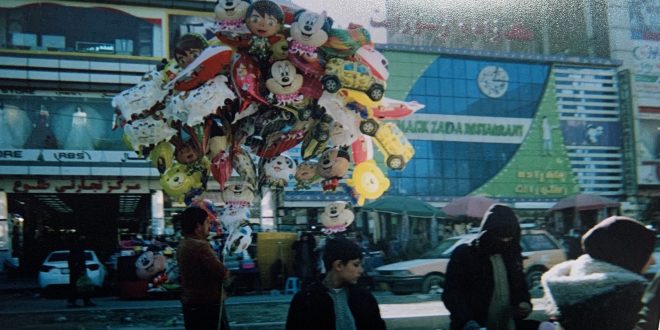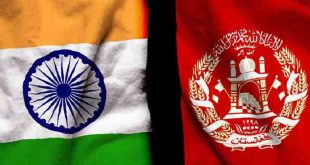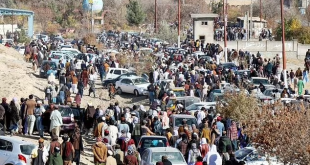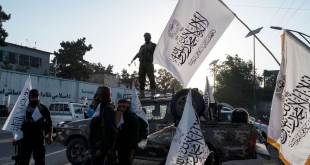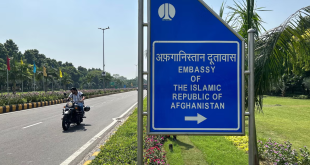By Maria Hayat
The loud chatter of pedestrians, the street vendors yelling on top of their lungs to call on customers, the occasional car horns echoing amongst the chaotic traffic, the aroma of warm Bolani being cooked and ready to serve on the sidewalk, the cluster of children trying to sell pink candy floss to you, the glare from the pack of malnourished dogs who rummage through the rubbish, the loud hum of generators outside retail stores, the flood of rays from the beaming sun bestowing warmth alongside the whispers of winter’s winds and finally the picturesque view of mountains upon mountains, that accommodates to millions of our people, nurturing the capital city…the sweet sounds and sights of the place we call home.
The beginning of January encompassed of icy winds and a few snowfalls. If you hear coughing; it’s not a symptom of COVID-19, it’s the suffocating polluted air that clogs up your throat. Unlike the rest of the world where the global pandemic has put daily life into a virtual halt, Kabul wakes up to at least two or three car blasts every day. COVID-19 is the least of concerns for the Afghan people as uncertainty, fear and animosity looms over the city of Kabul and the rest of the country. Where will tomorrow’s attacks be? Who will they be targeting? What’s happening with the ongoing peace talks? One taxi driver explained the situation accurately as he hopelessly said, “you leave your house at the risk of knowing that there might be a chance of you not ever returning again.” Why? Because everyone in Kabul has accepted their fate of losing their life in a sticky bomb that could blow up any second whilst being on the road. Or perhaps gunmen may enter your hospital, university, place of work or even place of worship. And now due to the surge of poverty – being held at gunpoint by thieves for your phone and other valuables. Going out in the night is no longer an option because of the insecurity and threat. But our people continue living through this nightmare because what other choice do they have? The resilience of our people continues to prevail, as they have been for the past 40 years.
In addition to this, the harsh cold weather gives our people no option but to burn whatever they find to source themselves heat. We’re not just talking about burning wood, but also plastic, leather, shoes – you name it. This has detrimental consequences not only for the climate weather, but also for the health of our newborn babies right up until our eldest citizens. It’s also hard to fathom that having electricity consecutively or even for the whole day and night is considered as a luxury. Electricity seems to be scarce as neighbourhoods have turns each night whilst when it’s not your turn for electricity, families either resort to dim candles or purchase petrol for the generator. This too, adds onto the strain of financial costs for families struggling. The lack of rainfall has posed concerns and worries for a potential drought which would only add onto the plethora of problems our people have.
Indeed, the enduring darkness has swept away any glimmer of hope that had been left amongst our people as they fight to live for the next day, putting themselves all on the frontline – just by continuing with their lives. But even with tomorrow not being promised, our people live on with the love and light that remains.
 Afghanistan Times
Afghanistan Times
